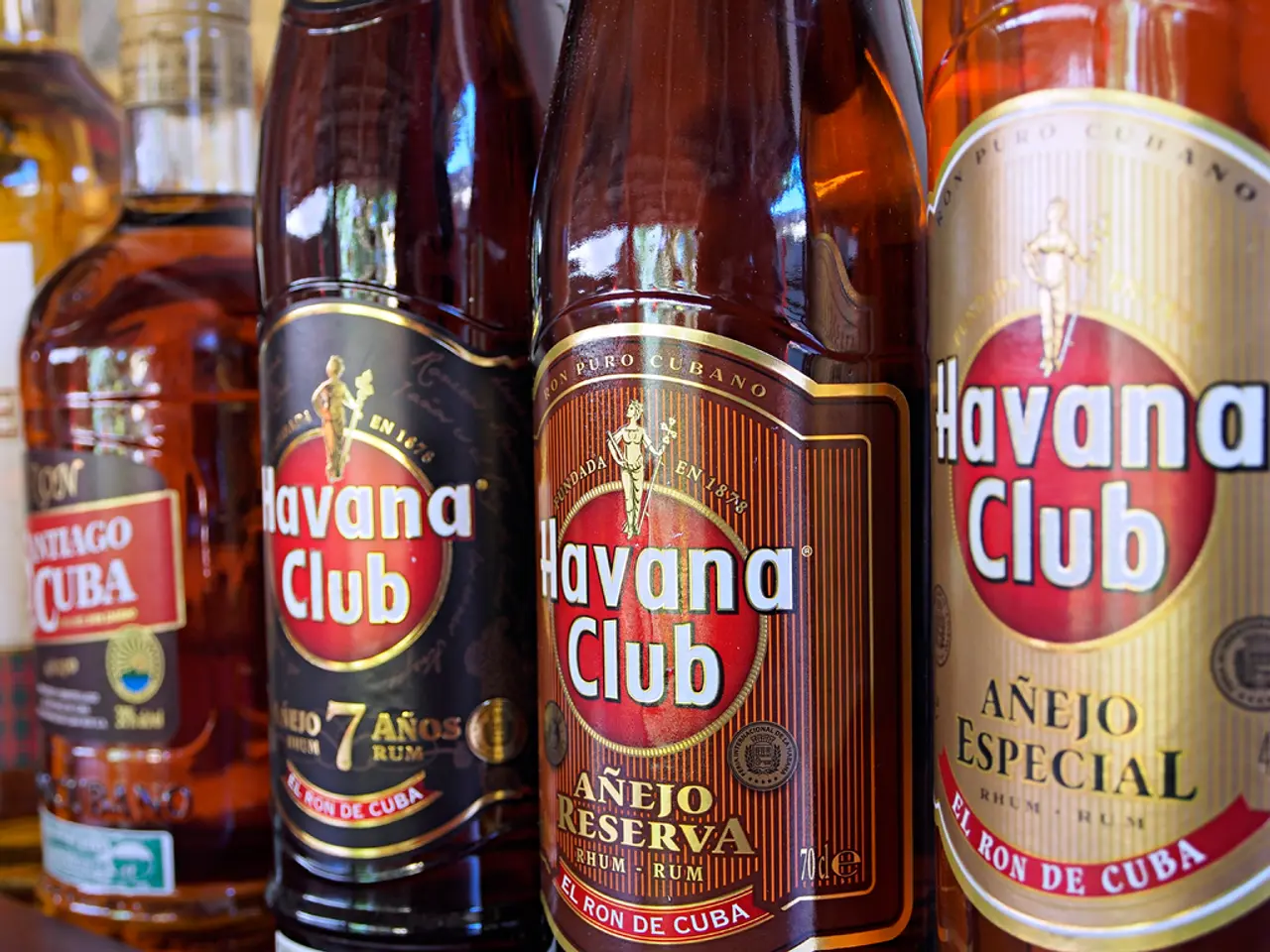Consume these 7 natural substances for promoting urine production:
Diuretics, often referred to as "water pills," are a group of medications that increase urine production by affecting kidney function to remove excess fluid from the body. They are essential in managing several medical conditions, primarily those involving fluid overload and high blood pressure.
### Types of Diuretics and Their Uses
Diuretics come in various forms, each with distinct mechanisms and uses.
1. Loop Diuretics: Examples include Furosemide (Lasix), Bumetanide (Bumex), and Torsemide (Demadex). These powerful diuretics work on the loop of Henle in the kidney to cause a potent diuresis. They are used to treat conditions like heart failure, edema (fluid buildup), and hypertension.
2. Thiazide and Thiazide-like Diuretics: Hydrochlorothiazide (HCTZ), Chlorthalidone, and Indapamide (Lozol) are common examples. These diuretics act on the distal tubules of the kidney to promote moderate diuresis. They are mainly used to treat high blood pressure and mild fluid retention.
3. Potassium-Sparing Diuretics: Spironolactone (Aldactone), Triamterene (Dyrenium), and Amiloride (Midamor) are examples of this type. They work in the distal tubule and collecting duct to conserve potassium while promoting sodium and water excretion. They are often used in combination with other diuretics to prevent potassium loss and in conditions like heart failure and certain hormone-related issues.
4. Other Specific Diuretics: Metolazone (Zaroxolyn) and Chlorothiazide (Diuril) may be used in specific cases of fluid overload. Lithium, while not primarily a diuretic, causes increased urine output as a side effect.
5. Natural Diuretics: Certain herbs and foods, such as dandelion, caffeine-containing beverages, and parsley, have mild diuretic effects. However, their potency is generally less than that of prescription diuretics, and they are used as complementary approaches.
### Uses of Diuretics
Diuretics are primarily used in heart failure, hypertension, edema (fluid buildup), and other conditions. They help reduce fluid overload that stresses the heart by decreasing fluid buildup in lungs and extremities, lower blood pressure by reducing blood volume, remove excess fluid caused by kidney, liver, or heart conditions, and sometimes counteract side effects of other medications like lithium.
### Potential Side Effects and Risks
While diuretics are beneficial, they can also lead to side effects. Frequent urination is expected due to increased fluid excretion, which can affect sleep if doses are taken late in the day. Electrolyte imbalances, such as low potassium (hypokalemia), low sodium (hyponatremia), or elevated potassium (hyperkalemia) depending on the diuretic type, are potential risks. Overdiuresis can lead to dehydration and low blood pressure.
Combining diuretics with NSAIDs and other blood pressure medicines can harm kidneys ("triple whammy" effect). Other side effects may include dizziness, nausea, and muscle cramps. Diuretics can interact with other medications, supplements, and certain natural remedies; close monitoring is necessary, especially with blood tests to check electrolytes and kidney function.
### Important Considerations
Patients are often advised to take diuretics earlier in the day to avoid nighttime urination. Monitoring through regular blood and urine tests is crucial to assess electrolyte balance and kidney function. Avoiding NSAIDs or using them cautiously with diuretics and blood pressure medications is important. Alcohol does not directly interact with diuretics but may exacerbate side effects like dizziness or nausea.
Consulting a physician is important before increasing an intake of natural diuretic, especially if a prescribed diuretic or other medication is already in use. Prescription diuretics are commonly called water pills. Potassium-sparing diuretics prevent a loss of potassium but do not reduce blood pressure. The compound theophylline found in tea enhances the diuretic effect of caffeine.
In summary, diuretics are essential tools in managing fluid-related health issues, with specific types tailored to different clinical needs. They require careful monitoring due to their potential side effects and interactions with other drugs and substances. Natural diuretics like ginger or parsley are safe to use as a spice or tea in food, but supplements may not be regulated and should be used with caution. Sodium, potassium, and magnesium levels must be checked frequently when using diuretics, and kidney function and blood pressure also need regular testing. People with high blood pressure, heart failure, swollen tissues, and kidney disease often use diuretics. Swelling caused by excess fluid in the body's tissues is known as edema, and some cases may need to be treated with diuretics.
- In addition to heart failure and hypertension, loop diuretics like Furosemide (Lasix) are also used in the management of conditions such as ulcerative colitis and HIV.
- Asthma, diabetes, psoriasis, and type 2 eczema are not directly treated with diuretics, but they are conditions that science is currently investigating for potential predictive relationships with diuretic use in health-and-wellness studies.
- Nutrition plays a crucial role in maintaining a healthy balance while taking diuretics, as the increased urine production can lead to electrolyte imbalances, highlighting the importance of a well-rounded diet.
- Thiazide and thiazide-like diuretics, such as HCTZ and Chlorthalidone, may affect the absorption of certain medications and nutrients, which could lead to potential interactions.
- Diuretics like Spironolactone (Aldactone) and Triamterene (Dyrenium) might be beneficial for individuals with obesity, as they help in reducing fluid retention and improving inflammation associated with conditions like osteoarthritis.
- Certain diuretics like Lithium, primarily used for the treatment of bipolar disorder, have diuretic effects as a side effect, leading to increased urine output and fluid loss.
- In some instances, natural diuretics like dandelion root, green tea, or artichoke may be prescribed in combination with conventional diuretics to enhance their effect, improving health outcomes for patients with chronic fluid-related conditions.




